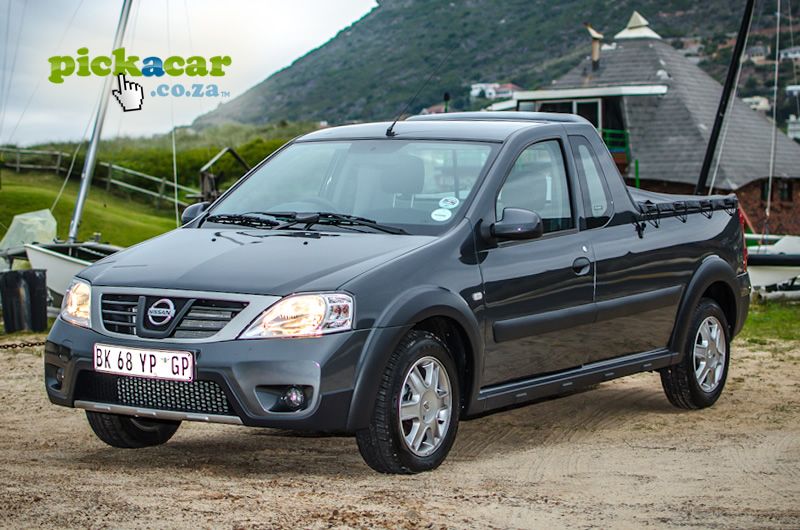Nissan NP200 Review: Lekker little bakkie - Full Review

Nissan NP200 Review: Lekker little bakkie
Overview
Small bakkies have been the backbone of the South African small business for many years. Plumbers, Electricians, Couriers and every Handyman relies very heavily on the usage of their bakkie. And as such, these bakkies are often expected to be bulletproof and extremely reliable.
These bakkies come in under the 1 Ton range of bakkies and need to be affordable to purchase, re-fuel and maintain. It’s a tall order for any manufacturer, and Nissan have made a few bakkies in this segment over the years. Most notably in recent years has been the Nissan Champ, which served as the trusty work horse for many small businesses in South Africa. Now, Nissan South Africa has given us the Nissan NP 200, which we had the chance to drive.
Performance
We tested the 1.5 dCi Base model, which as the name suggests is a 1.5-litre diesel engine. Power output from the 1.5-litre diesel is a mere 63kW, but coupled with 200Nm of torque the overall performance feeling is very good. It’s front wheel drive, and comes with a 5-speed manual gearbox, which has quite a refined change for a bakkie.
It’s not a blistering racing machine, but it’s a fantastic multi purpose vehicle, you’ll be forgiven for forgetting that you’re actually driving a bakkie.
There are other variations available, a more upmarket 1.5 dCi, and a few 1.6-litre petrol.
Economy
Economy in a work horse is debatable. We tested the NP 200 mostly in an urban scenario without much load and achieved a decent economy of 6.5 L/100km. In it’s advantage, the diesel NP 200 does quite well up hill, and manages to keep the economy down thanks to the extra torque produced by the diesel engine.
Depending on the load you put on the bakkie, your fuel consumption is bound to change. If you’re carting bricks or towing a trailer for instance you’ll see a spike in the consumption.
Tech
As a work horse that Nissan have tried to keep economical, it’s understandable that you’re not going to find much tech on the inside. There are however some basics that you’re not likely to find in previous generation bakkies. Power steering is standard, along with central locking, an audio system and even air conditioning. ABS and dual air bags are also standard in the NP 200.
Comfort
Sitting in the cockpit of the NP 200 you’ll be mistaken for thinking you’re sitting in the front seat of any normal sedan or hatchback. Nissan have gone to great lengths to make the cabin feel unlike a bakkie. The seats are comfortable, the interior is spacious, and the general feel of the materials used is good quality.
It drives like a sedan too, which is nice. As much fun as a bakkie can be, when you’re running around on errands having a normal car like driving experience can be refreshing.
Practicality
In the cabin behind the seats you get 300l of storage space, which is decent, considering it’s quite spacious already. In the back you get 800Kg worth of load space, which is the biggest in the segment. 800Kg is a lot considering that you’re not too far off from a 1 Ton bakkie without having to actually buy a 1 Ton bakkie. You also get the load box in the back rubberised as standard.
So whether you need to get building rubble in the back or cart around a bunch of geysers, the NP 200 seems like it’s up for the job. It’s also got the longest loading bay in it’s segment, coming in at 1.8 meters.
Conclusion
Buying a bakkie in this segment is often about function, and needing something that will stand the test of time. Nissan have a pretty good track record, their Datsun bakkies of a few decades ago lasted forever, the Nissan champ did very well, and of course they have the Navara in the higher segments. Bottom line is, Nissan know how to build bakkies. See this article here which shows Nissans third quarter sales for 2012.
NP 200 then offers you class leading space and load area, a solid backing from Nissan, and feeling of driving a regular car. It’s a great option for any small business looking for a utility vehicle, and with a price point of only R180,000 it’s affordable too.
Tweet
Latest Reviews
19 March 2013
18 March 2013
28 February 2013
19 February 2013
14 February 2013
07 February 2013